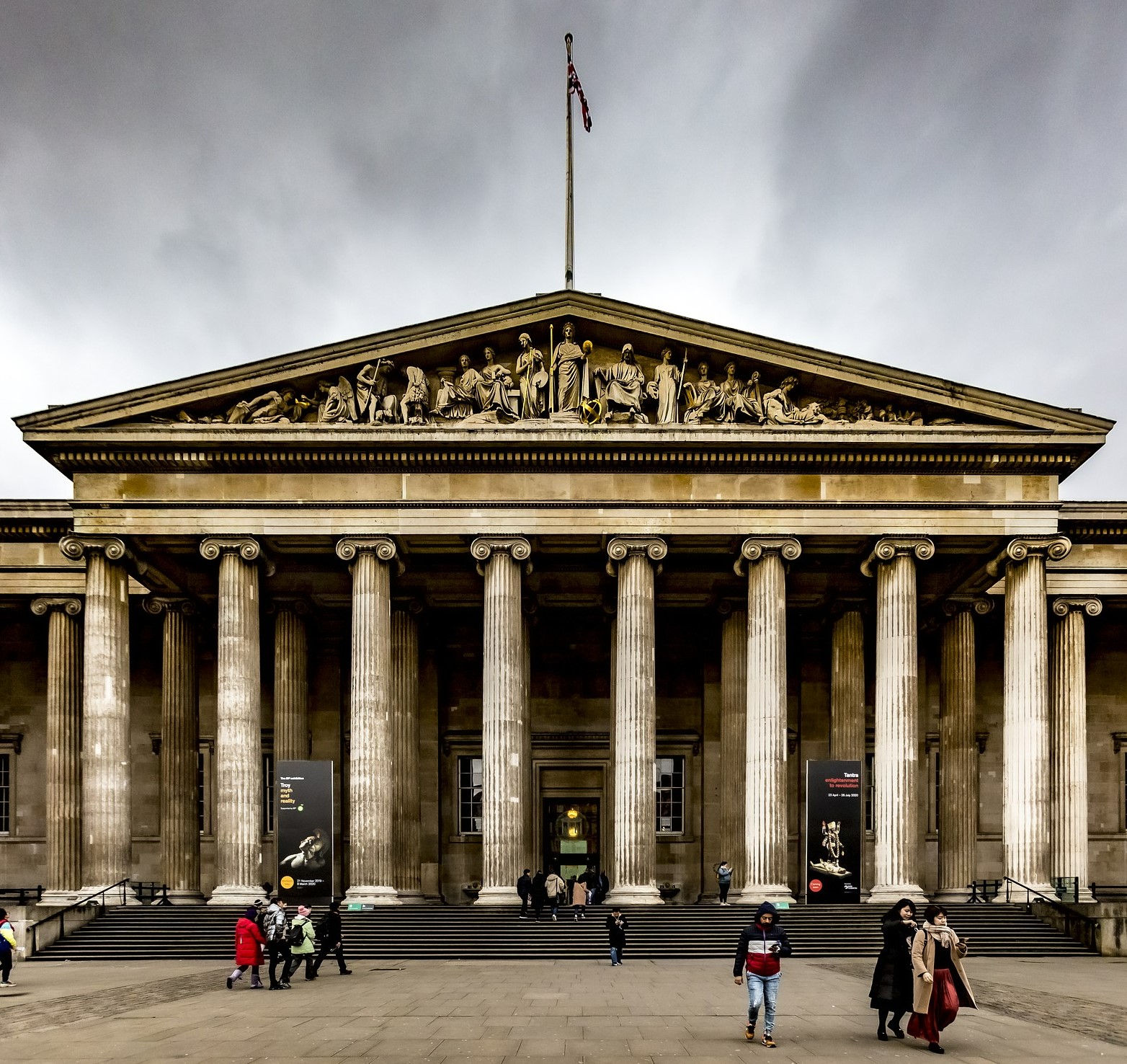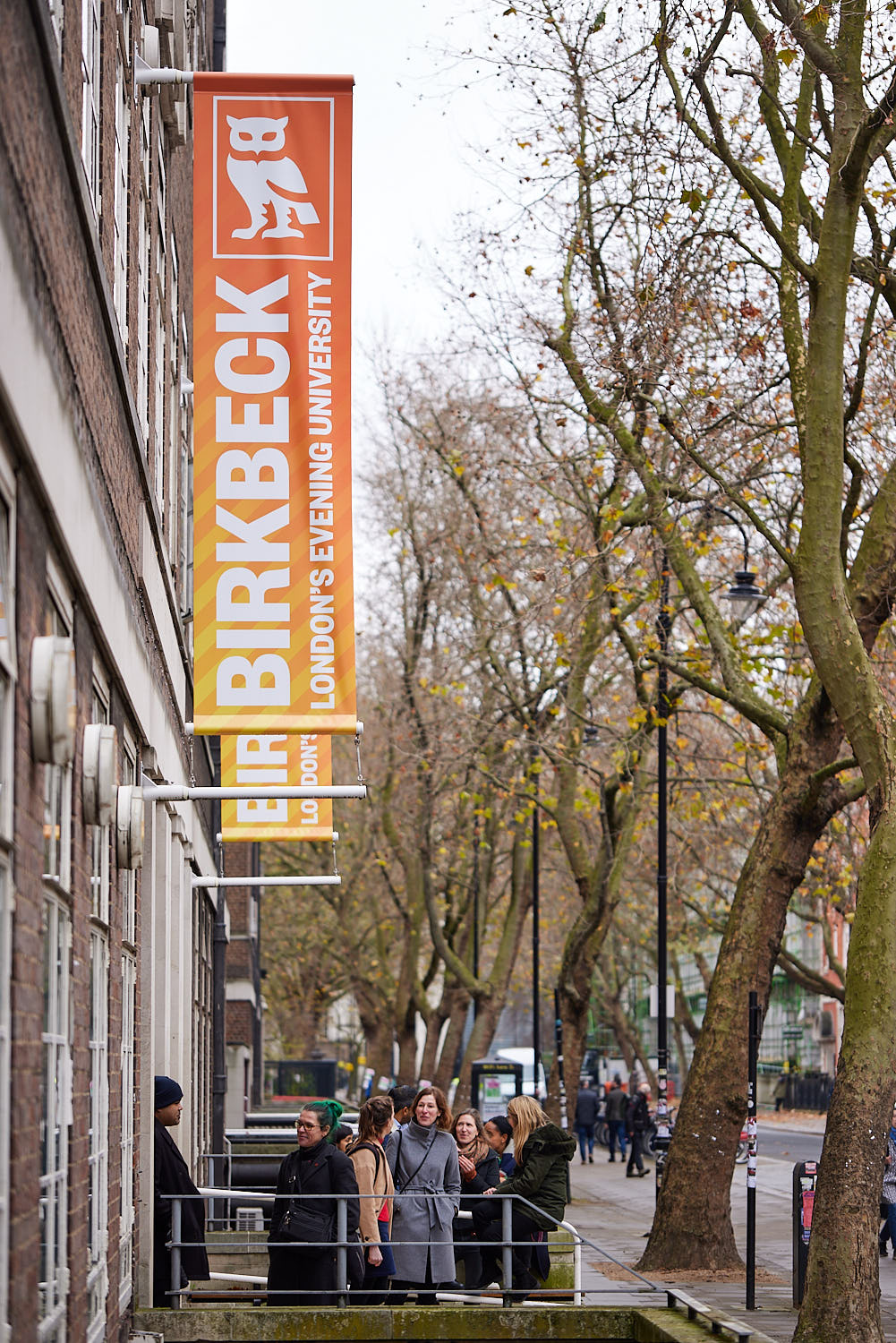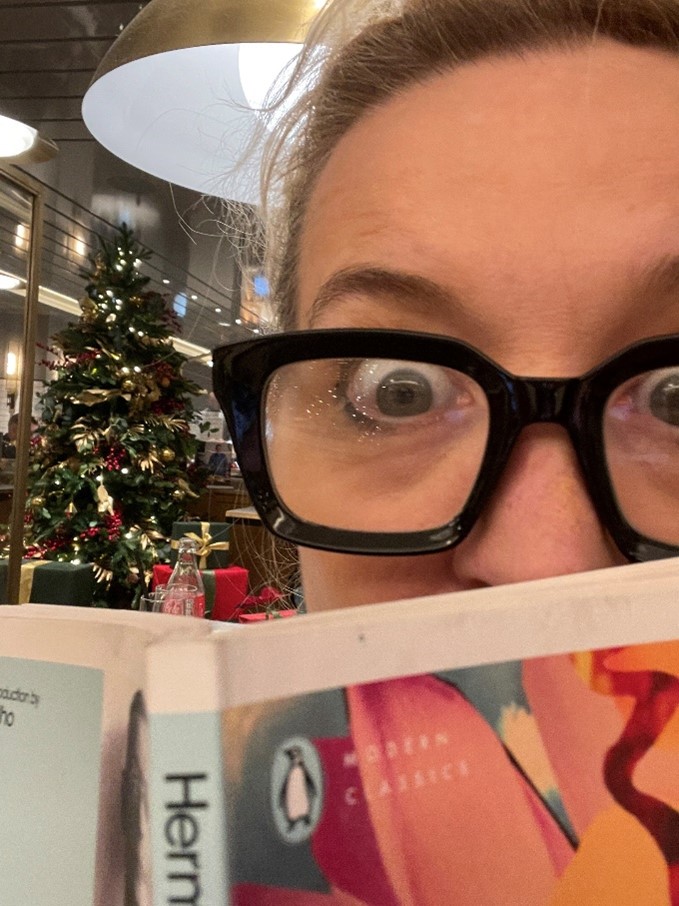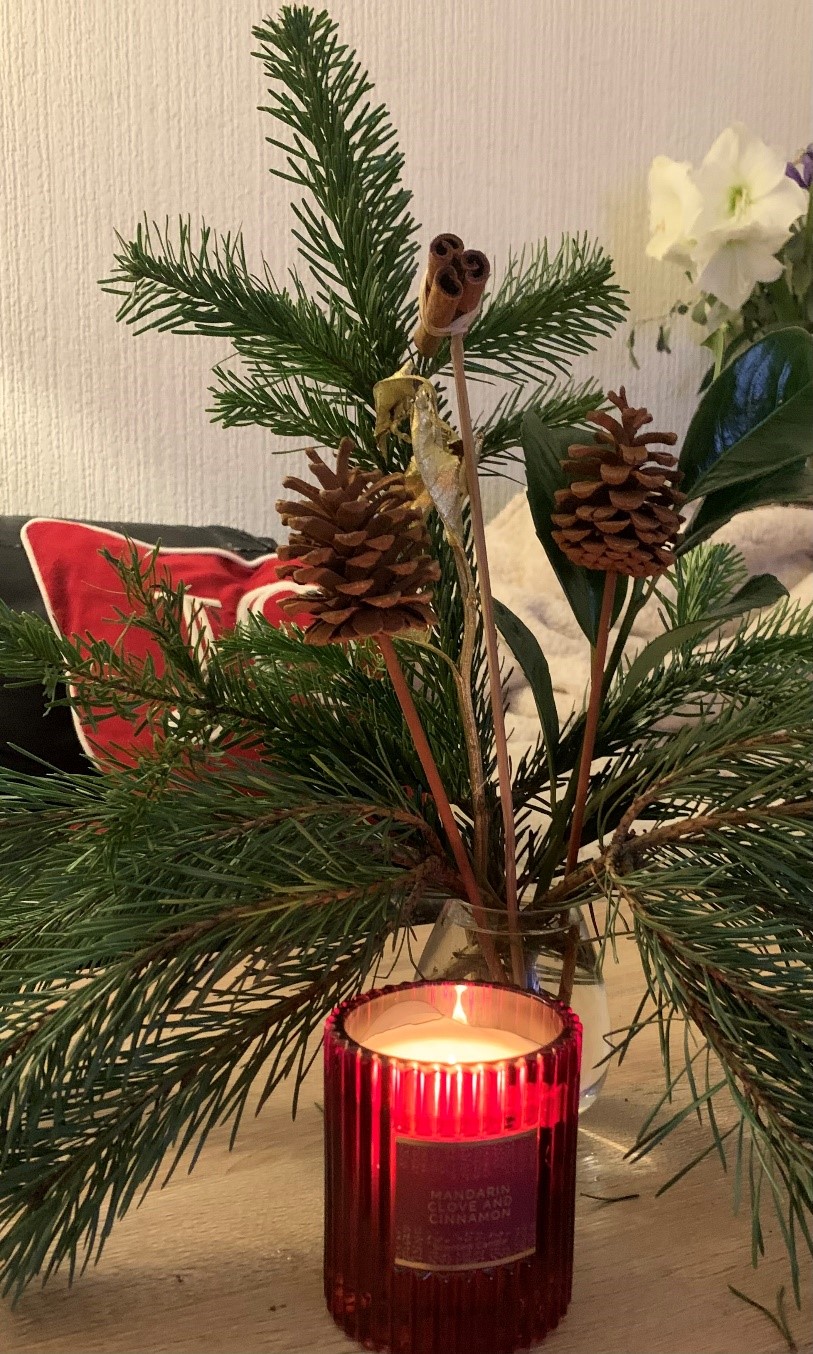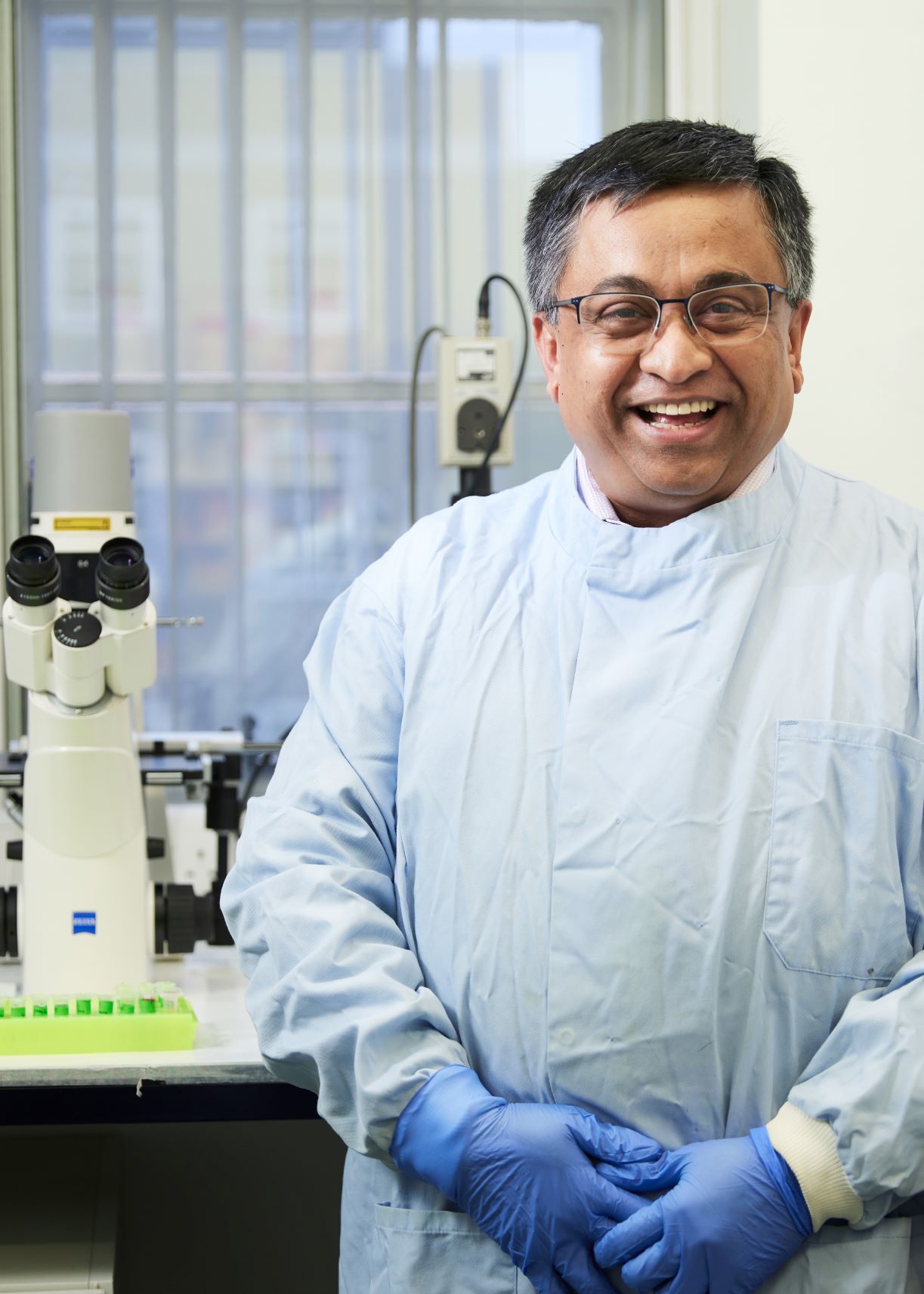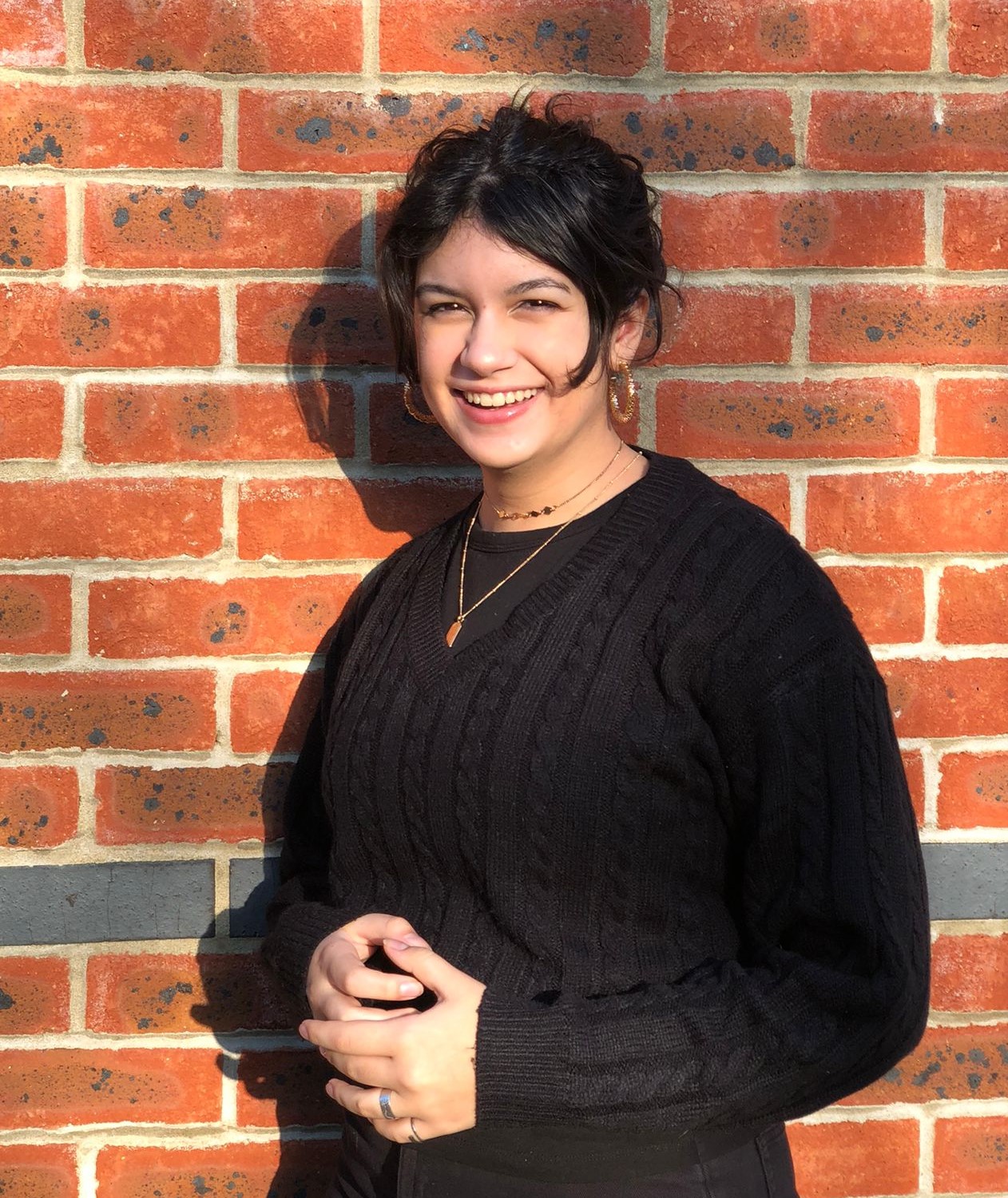Every year, the Birkbeck Institute for the Humanities (BIH) runs the London Critical Theory Summer School. In this blog, participants from this year’s Summer School and previous years, tell of their experiences and its impact on their work and lives.

2022 participants
Thomas Gilloch Boyle, London School of Economics
I was very grateful to receive the OSUN bursary to attend the Critical Theory Summer School at Birkbeck. I was excited at the opportunity to listen to and interact with such highly respected academics both from Birkbeck, and the world. Coming from a university background in Politics and International Relations, I was especially looking forward to speakers with a highly political background but was also really grabbed by those working in other disciplines, such as psychoanalysis and social theory. It was a great privilege to learn in such a unique and special environment, allowing for the opportunity to develop academically and personally. The sessions were well-organised, thanks to Esther Leslie, Jacqueline Rose and all the other staff who worked so hard. This afforded the opportunity for students to speak as well as the academics. The sessions were varied, covering a diverse range of issues, contemporary challenges, and perspectives within the overarching sphere of critical theory. The summer school tackled immediate and pressing issues, on a more local and global scale, with the diverse backgrounds of participants meaning a broad variety of contexts and ideas were discussed. I really enjoyed and valued hearing from my peers and appreciated that there was ample opportunity for students at the school to engage. This was further emphasised by the diverse disciplines that the students at the school worked in, both within the academic sphere and outside of it. It was fascinating to hear people’s perspectives drawing on their own experiences and research. I leave the summer school with a longer reading list than I arrived with, and it was long enough already!
Rebeka Pushkar, Central European University
I am very grateful to have received an OSUN bursary to attend the 2022 London Critical Theory Summer School. Not only did I get to interact with thinkers that I have been reading and admiring for years, but I also met like-minded people from all over the world. It was truly inspiring to be surrounded by people who are asking the same types of questions as you, especially given the fact that critical theory is suppressed in many departments. The opportunity to collectively learn, share knowledge, ask questions, and debate reminded me that I am part of a community that transcends institutions and borders.
It was especially fascinating to learn about all the different types of organizing that people do across the globe. I appreciated that both the speakers and the participants were attentive to the dimension of praxis that could have been overlooked at a program focused on theory. Instead, people gave concrete examples, talked about their direct involvement in their communities, and insisted that we think about the material applications of every theory we were considering.
Jacqueline Rose and Esther Leslie were both very attentive throughout the two weeks. They maintained an openness to the participants’ specific interests while keeping the discussions structured and focused on the speakers’ lectures. Overall, I found myself reinvigorated by the Summer School in spite of (or, perhaps, due to) the fact that the discussions were intellectually challenging and my “to-read” list grew every day.
Lala Darchinova, Central European University
The London Critical Theory Summer School was a staggering event! Receiving a generous bursary from the Open Society University Network allowed me to become a part of this intellectually stimulating school.
Despite being prior familiar with critical theory and relevant literature, participation at the LCTSS shed a light on unexplored topics such as psychoanalysis and political aesthetics. Along with learning new perspectives, I truly enjoyed the debates and discussions around more familiar topics. Being in contact with top-tier professors engaged in critical theory such as Etienne Balibar, Slavoj Zizek, Jacqueline Rose, Esther Leslie, Achille Mbembe, Costas Douzinas, Jodi Dean and many others stimulated my thinking on many questions currently bothering me.
I also want to especially thank Jacqueline Rose and Esther Leslie for both organizing, and managing the school and at the same being amazing moderators and speakers. I enjoyed every discussion with them!
Along with organization, the content of the school was highly rich and timely. Amidst the war in Ukraine, overall global turbulence and the uncertainty when all values and principles are questioned again, topics of war, nationalism, cosmopolitics, the future of capitalism, the meanings of freedom and liberty were necessary to discuss and think about again.
Finally, the careful selection of participants with very strong and diverse backgrounds was another distinct feature of the LCTSS. Along with lectures, private conversations and informal discussions made the school even more valuable and enriching.
2021 participants
Stacey Keizan, Wits University, South Africa
Stacey Keizan is a junior researcher investigating Developmental Psychology, Behavioural Science and Social Psychology at Wits University, and was a recipient of the Open Society University Network (OSUN) bursary in 2021.
What a privilege it was to receive a generous bursary to attend the 2021 London Critical Theory Summer School. It was such an incredibly insightful and thought-provoking two weeks!
Firstly, it was an absolute honour to get to listen to such highly acclaimed intellectuals, whose work continues to inspire and guide my own intellectual pursuits. Jacqueline Rose and Esther Leslie were fantastic facilitators of the lectures and discussions, all of which were so well organized. They encouraged questions and discussion among participants, while constantly elevating the conversation. The opportunity to engage with the speakers on such a personal level was amazing, and the way in which different perspectives were expressed and highlighted made the lectures and discussion extremely thought-provoking.
The content was novel and diverse and went a long way towards expanding my reading and theoretical understanding of critical theory. I loved the way the speakers engaged with current topical issues on a global scale and made the theory come alive with practical examples and debate that facilitated critical thinking and lively discussion among participants. A surprising highlight for me was the opportunity to hear such diverse and global perspectives from attendees. The group discussions were always so interesting, and I loved the multidisciplinary perspectives that attendees brought to these discussions, which often introduced me to new theory and stimulated my reading and interest in different avenues. Given that some of the lectures and readings were outside of my area of knowledge and understanding, I felt that the Summer School really stretched me.
Golam Mostofa, BRAC, Bangladesh
Golam Mostofa was studying for a Bachelor of Pharmacy (BPharm) with Honours degree as a final year student when he enrolled on the Summer School. He wanted to expand his understanding of critical analysis and thinking in order to be effective in the critical analyzing and decision making of important issues, both personally and professionally.
My learnings from the Summer School exceeded my expectations and I was quite amazed to learn many things from the professors and participants. I was always interested to learn more about critical theory but never got the chance to meet such great critical thinkers before. Living in a developing country limits many aspects of education. This program was the very first Summer School that I ever participated in and coming from a very small rural primary school to attend the Summer School was a great achievement for me. My parents were very proud. They’ve had very little education themselves, but they always encouraged me with every step.
The Summer School added a new dimension to my thinking and life. It created a new path for me to start a great journey. It created a new feeling towards life, and I can feel the changes. I was so overwhelmed by the influence of the current time and media, and how it was blocking me from reality. Critical thinking makes me think differently and creates new perspectives.
The two weeks of Summer School were very special for me. We discussed topics that were very rich, lively and thought-provoking; every word of the Summer School was important to me. I found a welcoming and warm place where I can converse with great critical thinkers and would love to attend every year. I really thank everyone for this great experience and am forever grateful.
Blogs from participants in previous years
Gustavo Matte
Gustavo Matte, a researcher, novelist, and community education volunteer in Brazil, received the Open Society Foundation Bursary in 2019.
It was two intense and wonderful weeks… a real watershed in my intellectual life. Thanks to the Summer School, I returned to my home country, Brazil – which is facing several social and political problems – with new intellectual and affective resources to think about our current situation and resist, on a daily basis, the rise of all types of violence (racial, sexual, economical etc.).
The Summer School was a wonderful place to meet people from all around the world and share knowledge, experiences and ideas that allowed us to help each other in several crucial matters; solving personal research problems, broadening cultural perception, and also sharing social traumatic experiences from different places and times experienced by the students in a way that could help us to figure out ways to overcome these crisis through the comparison of similarities and differences of each case. For example, what worked in South America that could also work in Asia? How can left-wing organizations of one country avoid making the same mistakes that weakened their counterparts in other countries in the world? Is it possible to put our local experiences together to see the greater picture?
The Summer School was the perfect opportunity for me to ally intellectual growth, friendship and international solidarity (a network of mutual support) in order to resist fascism. The classes, professors, colleagues, together with the experience of being abroad, opened the world up to me and helped me realise that we still have places and situations where we can think broader and dream together.
Nombuso Mathibela
Nombuso Mathibela, a 24-year-old South African and a self-described academic and activist, was the first recipient of the BIH International Bursary in 2018.
When I first heard about the Summer School, I was intrigued by the idea of being part of a programme that would attempt to situate psychoanalysis as a set of theories, and that could assist us in dealing with social and political life. I come from a legal background and activist spaces that have offered different pathways and frameworks to the pursuit of radical social and economic change. I was grateful for the opportunity to be part of an intellectual space that has deepened my understanding of critical theory.
Understanding that theory is borne out of comparison and struggle, I really enjoyed being part of a programme that made space for students coming from different parts of the world to theorise about their different yet similar systemic conditions. This school created a space to negotiate ideas, experiences and the historical formation of theories while provoking me to consider the present-past and engage different ways of being or becoming and unbecoming. Laura Mulvey’s sessions on female voices and cinema were enchanting, challenging multiple assumptions about women’s histories and feminist imaginations.
Moreover, the invited scholars challenged us, adding much vigour to my intellectual and political life. Similarly exciting was the selection of students from different backgrounds, disciplines and research interests. Our class was quite special, and I was able to develop transnational relationships of unquantifiable importance. I am aware of many activist scholars and students who have shown an interest in the Summer School for both its content and the calibre of intellectuals who are invited to participate. I look forward to returning to this space.
Further information



